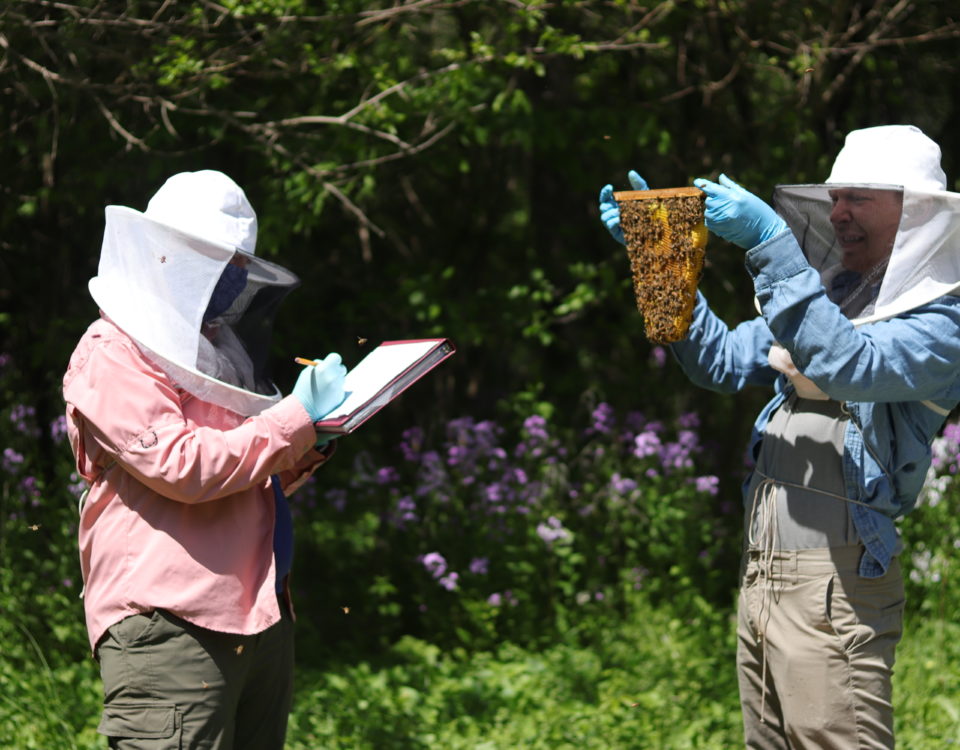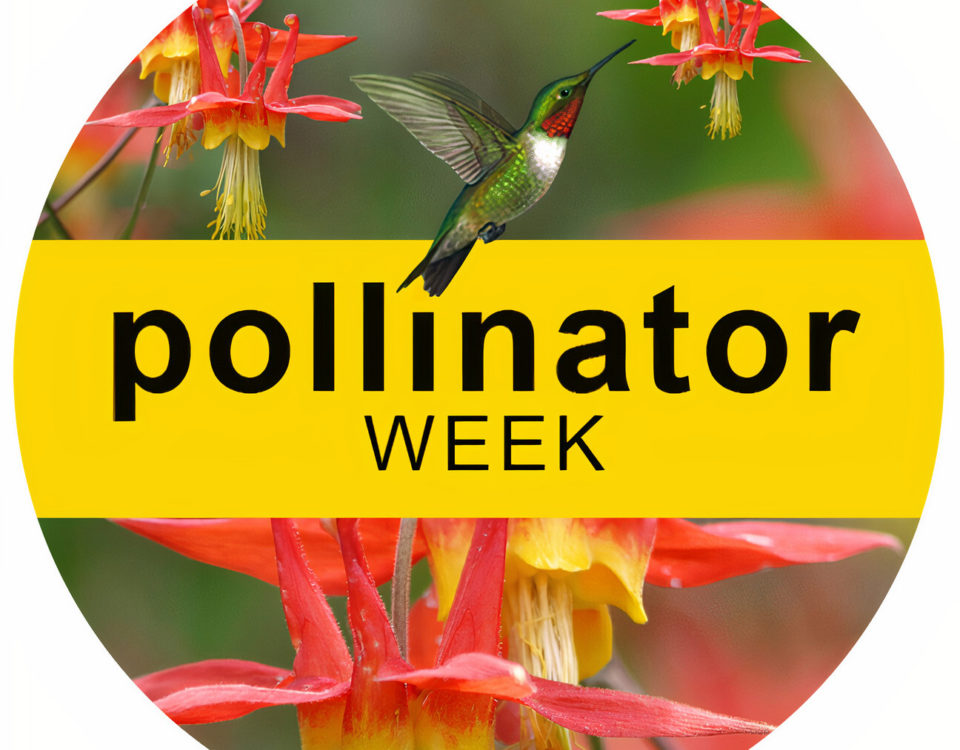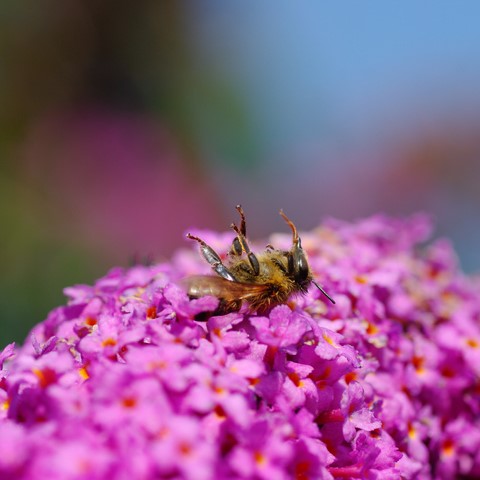- All-In-One Beekeeping for the Bees
- +1-608-728-8233
- info@beepods.com
Why Every Beekeeper Should Collect and Share Data

When someone first gets into beekeeping, their first thought is rarely about all of the data and notes that they’re going to be recording during all of their hive checks. They tend to be more focused on all of the equipment they are going to buy, what they’re going to do with all of the hive’s products, and how they are going to help save the bees. While all of these things are important things to think about, beekeepers should also focus on collecting and sharing their data from their hive checks.
Collecting and sharing data is important for several reasons. Firstly, it helps beekeepers to get into the habit of checking everything they need to check rather than just cracking the lid and making sure that their bees are still alive and well. It also helps them to have a baseline of what is “normal” for their hive. By sharing their data, beekeepers can see how their hive compares to those of other beekeepers. Sharing data also helps researchers to get a better scope of what is happening with bees. Bee research is huge right now, so any data that can be collected is extremely valuable.
Help the Beekeeper to Establish a Routine

Make sure to look for the queen!
Having a notebook or tablet with you when you check on your hive can be invaluable to a new beekeeper who hasn’t settled into a routine yet. If you have a pre-written checklist in a notebook, that will help you to make sure that you look at everything you need to. If you prefer a more technology-based method, there are quite a few beekeeping softwares and apps (our Healthy Hive Management Software, for example!) available that have pre-made lists with spaces to enter notes and numbers. These help new beekeepers learn what they should be looking for during their inspections, as well as serve as a convenient place to enter, store, and share data.
You may be wondering how you should be expected to be able to check on your hive, a task which often requires both hands, and take notes simultaneously. Well, as we’ve said in a previous post about taking notes during hive inspections, it’s a good idea to take a second person with you – particularly someone who may have some experience with bees. Not only will this person be able to take down notes as you make observations, but they can give a second set of eyes to confirm your observations.
If you aren’t able to have an additional set of hands help you with your inspections, consider obtaining a product like our bar stand, which will hold each bar for you so that you can make observations while having your hands free to make notes!

Beepods Bar Stand
Help Beekeepers Establish What’s Normal in Their Hives
By tracking you hive, you can create a stash of data to look back on to see exactly how well your hive is doing. If you take notes and collect data for several years, you can create charts that will demonstrate exactly how far you’ve come on your beekeeping journey, and that’s a great feeling. These numbers and charts can also help to establish a baseline of normalcy within your hive. If you feel like the population of your colony is going up or down drastically, you can check the numbers and see just how much these levels have changed, rather than having to rely on your memory.
Help “New-Bees” Compare Their Hives to Those of Other Beekeepers
If you’re a new beekeeper (or “new-bee,” as we like to call them), you probably don’t have a firm grasp on what’s normal in your hive yet. Having a veteran beekeeper as a mentor is a valuable resource, but not every new beekeeper is lucky enough to find such an adviser. If a large number of beekeepers were to upload their data via software that other beekeepers can access, these new beekeepers can have at least a bit of a guide as to what their hives should look like during different times of the year.
Help Researchers Collect More Data

Bees through a Beepod’s observation window
Over the past few years, the big buzz about bees has been focused on how rapidly their population has been declining, and what that means for humanity. As a result, scientific research on this topic has been booming. There are only so many data banks that researchers can pull from, though. If beekeepers around the globe were to collect and share the data from their regular hive checks, scientists would have so much more information that could help them to get a grasp on what is happening with the bees, and how well our efforts to save them are paying off.
Notes and data are a new beekeeper’s best friend. Being able to see how your hive is doing compared to other beekeepers’ hives can help a “new-bee” to either be reassured that they’re doing everything right, or that they may need to make some adjustments to their hive. Apps and software can also be extremely helpful, because they often come with checklists that will help beekeepers of all experience levels to make sure that they are checking everything that they need to check. These apps and programs also make it a snap to share data with the world, which is invaluable not only to other beekeepers, but to researchers, as well. With the rapid decline of honey bee populations in the past several years, any and all data will help to SAVE THE BEES!
Data tracking apps/software to check out:
Healthy Hive: https://www.beepods.com/healthy-hive/
Hive Tracks: https://hivetracks.com/index.php
Beecloud: http://beecloud.co/en/
Devon Rowley
Latest posts by Devon Rowley (see all)
- Why You Should Purchase the Beepods Online Course - May 16, 2018
- Hive Alive Review - March 16, 2018
- Nucleus Colony or Packaged Bees – Which is right for you? - March 13, 2018



